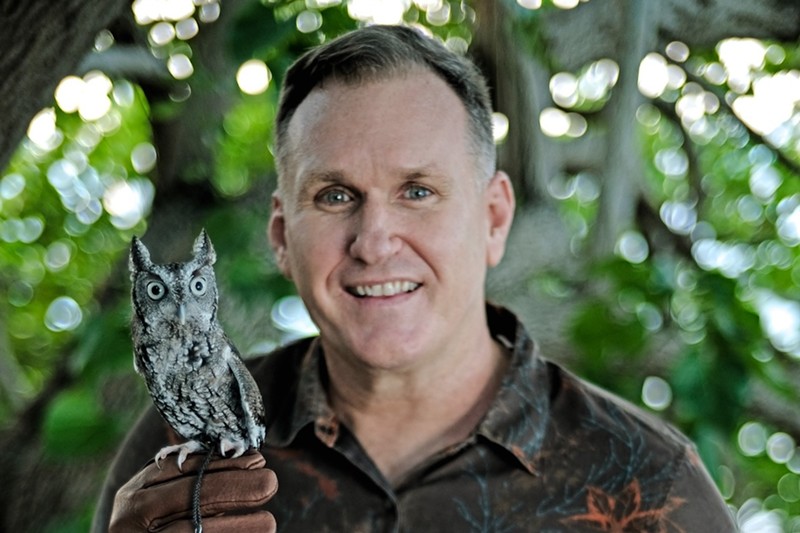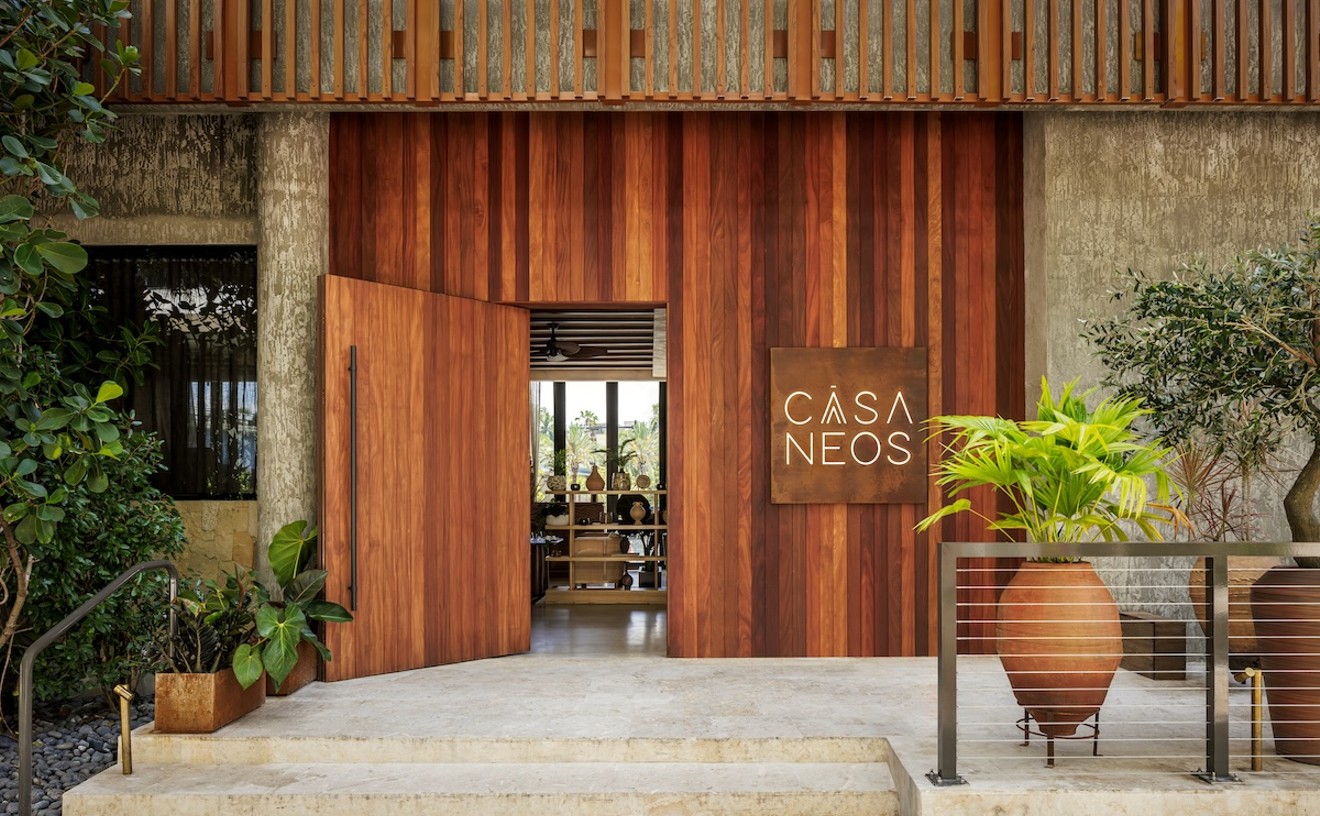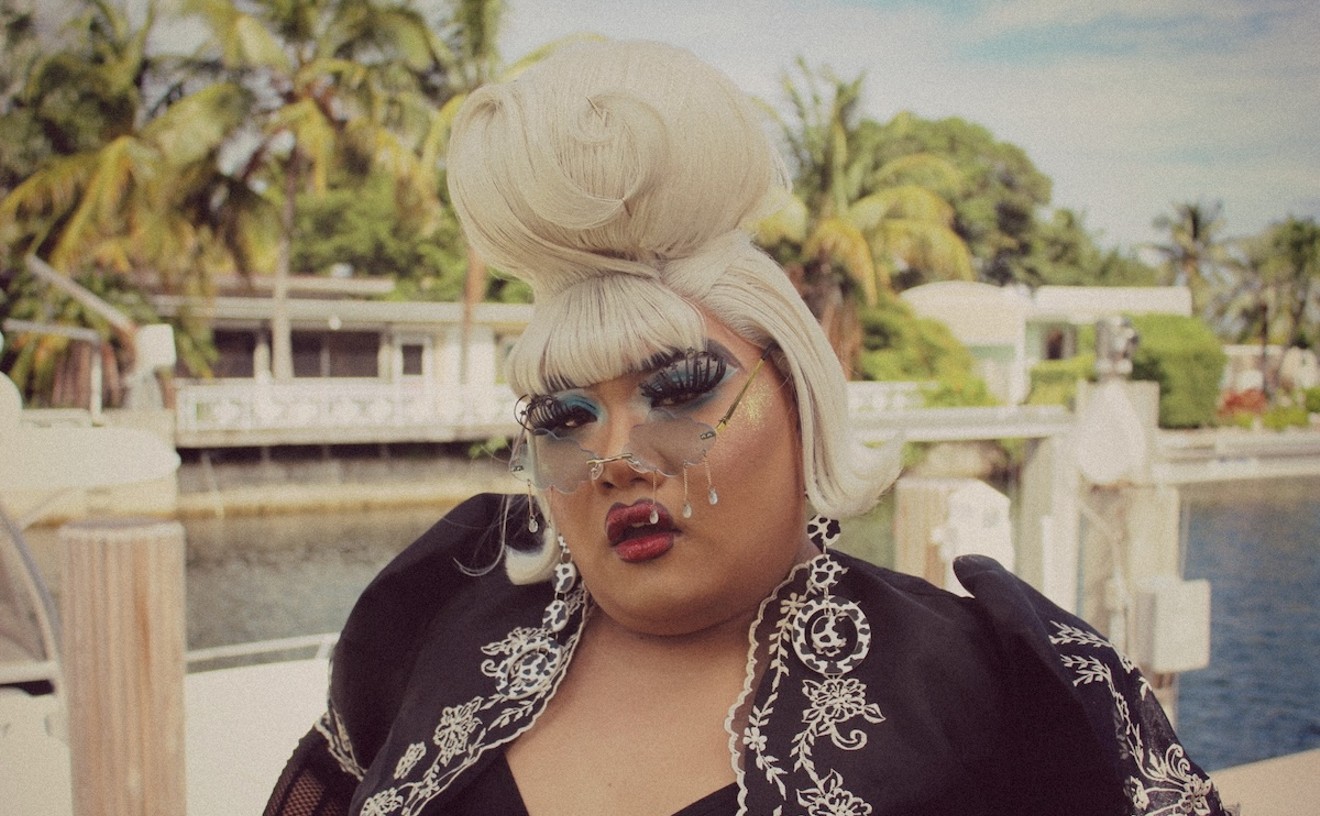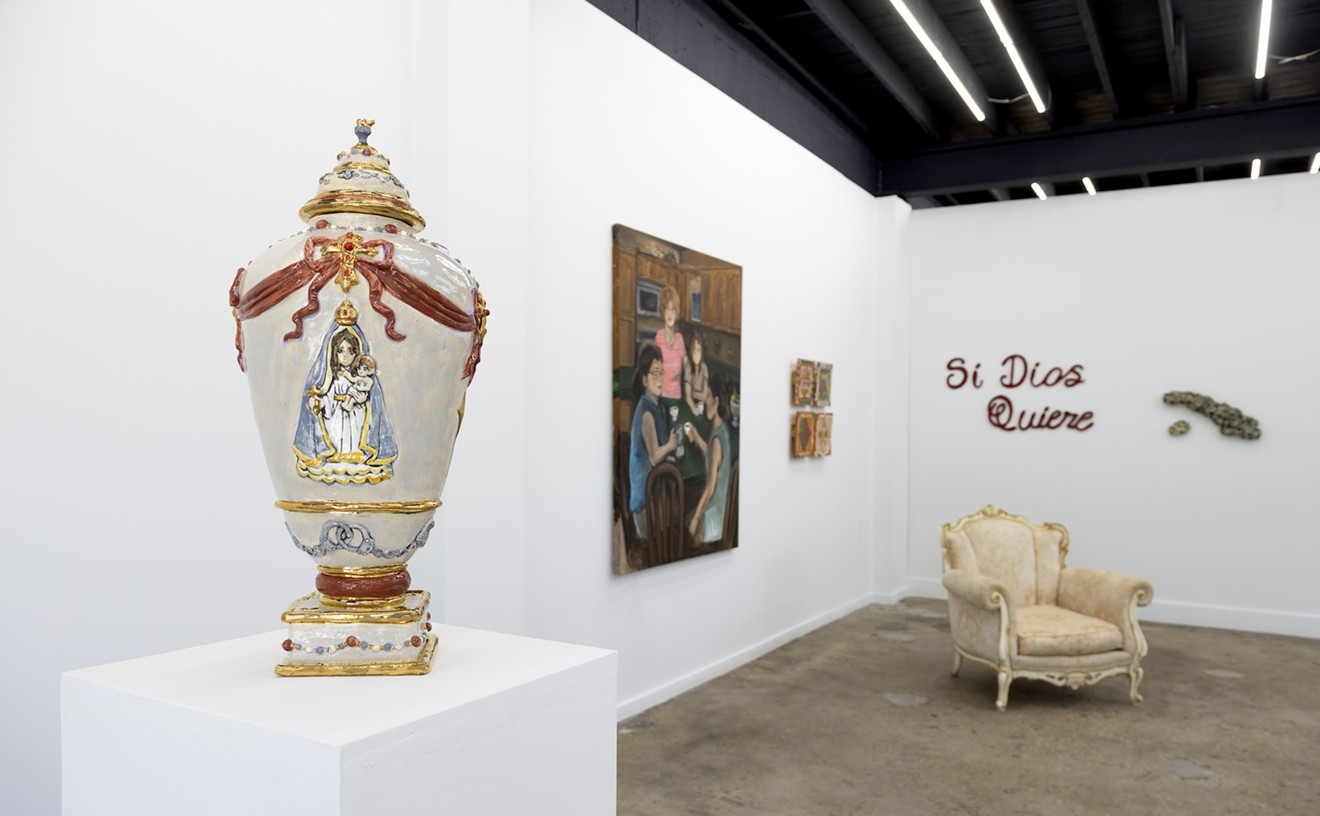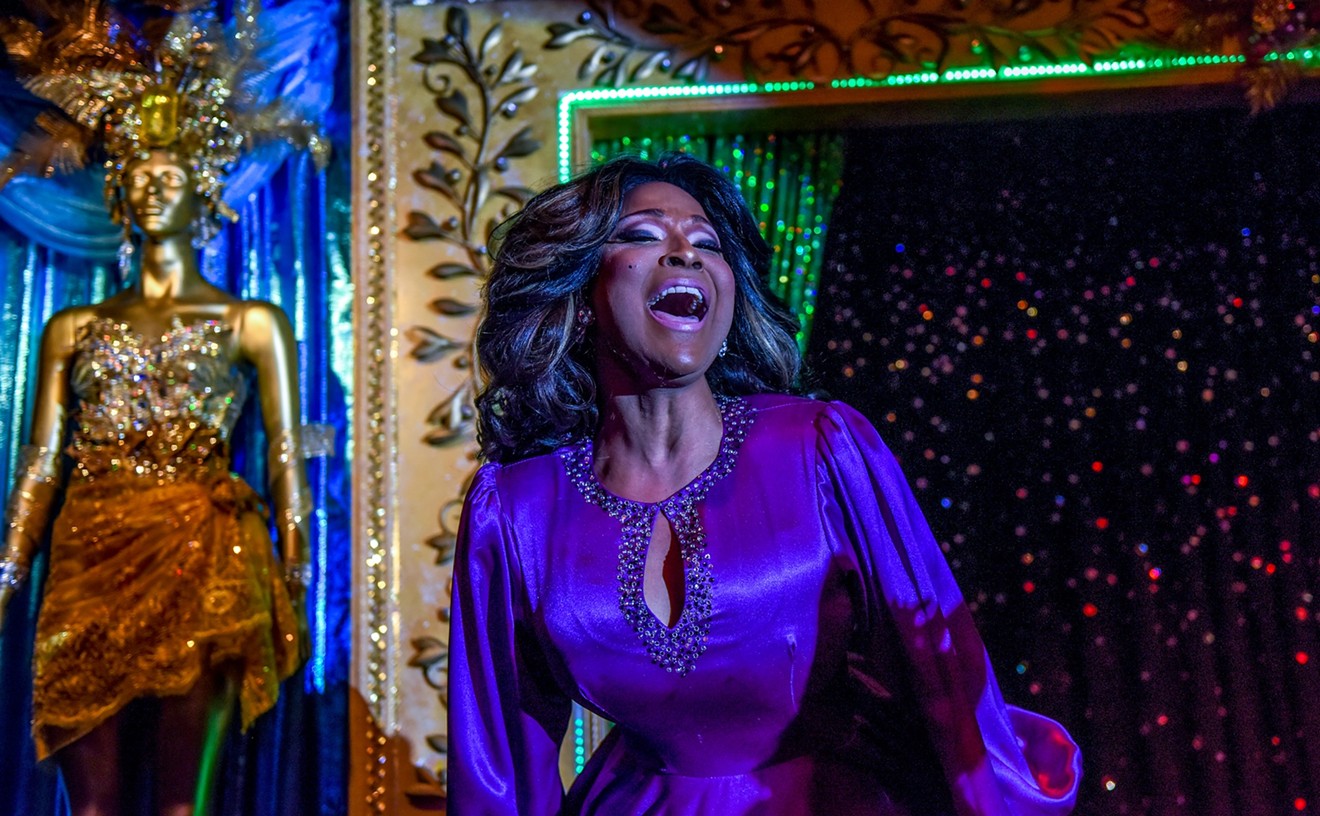Boykin now serves as the chief development officer for Miami Waterkeeper, a nonprofit that advocates for clean water and ecosystems.
The main things that Boykin is proud of during his time at PHSS were treating native wildlife, including small mammals, songbirds, raptors, and reptiles; professionalizing the board of directors, the staff, and the organization; adding wildlife veterinarians to the staff; securing state-of-the-art medical equipment; securing $12 million in commitments for the capital campaign and raising funds to purchase a 2.6-acre riverfront preserve as the station's new home; and securing a construction line of credit to cover the balance of the project.
"It was important for me to leave the organization better than I found it," Boykin tells New Times. He's optimistic that PHSS is in good hands with its board of directors and staff leadership under acting director Chloe Chelz and veterinarian Dr. Renata Schneider.
PHSS was founded in 1980 by Harry and Darlene Kelton. After they moved their houseboat to the Pelican Harbor Marina at 1275 NE 79th St., the couple came across a brown pelican with a fishhook stuck in its mouth. Though they didn't have experience in animal care, they removed the fishhook and cared for the bird until it healed. Since its founding, Pelican Harbor Seabird Station has grown into an internationally recognized center for seabird rehabilitation. In 1992, Miami-Dade Parks Department provided land and built the current station.
Still, successfully running a nonprofit doesn't come without challenges. Boykin says that the pandemic proved to be exceptionally hard. "Keeping the organization going and running a capital campaign during a global pandemic was certainly challenging," he explains.
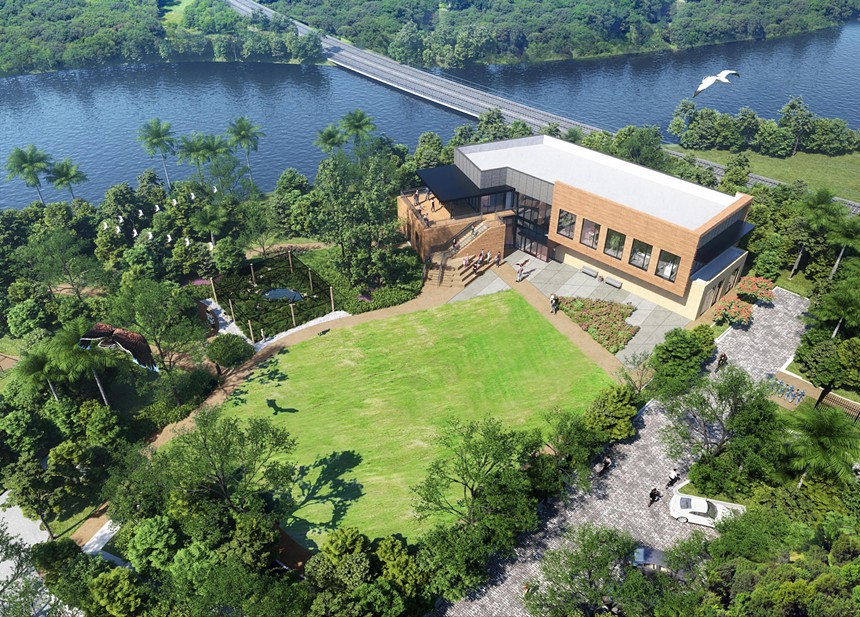
Pelican Harbor Seabird Station, located at 1279 NE 79th St., will soon move to a much larger location at 399 NE 82nd Ter.
Pelican Harbor Seabird Station photo
Still, there's always a silver lining, and for him, it was the people in the community and their willingness to help. "PHSS is so beloved that there has always been tremendous support and amazing community members stepping up to help through volunteering, board service, joining our staff team, or making financial contributions," he says.
Asked if he thinks the general public knows about the efforts of PHSS and its mission to rehabilitate injured wildlife, Boykin says he thinks many people do but that more media coverage and marketing would help. "A grant to support a multiyear digital marketing campaign would be very helpful at getting the word out and to reduce threats to our native wildlife populations through behavior change," explains Boykin, who adds that it would also be helpful if elected officials could spread the message. He points out that less than four percent of residents are connected with PHSS through social media.
As for his duties at Miami Waterkeeper, Boykin is responsible for making sure the organization has the financial resources it needs by way of donors and accomplishing its mission of protecting South Florida's waters by "advocating for resilient solutions grounded in science, rooted in nature, and driven by community." His role includes sharing Miami Waterkeeper's work with local donors, politicians, corporations, and foundations to join the PartnerShip Program, as well as helping to prepare for the upcoming "State of the Water" event at the Rusty Pelican restaurant on March 5. "We do a lot at Miami Waterkeeper, from working with the next generation of environmental leaders in high school to water-quality testing to ensuring that polluters are held accountable," he says
"I spent a long time working to protect animals that call Miami home, and it feels like a natural progression to move to an organization that protects that home," says Boykin of his transition from one beloved nonprofit to another. "We are facing complex and expensive challenges, but we also believe that our approach of combining science, outreach, and advocacy can forge a path to a future, resilient Miami."
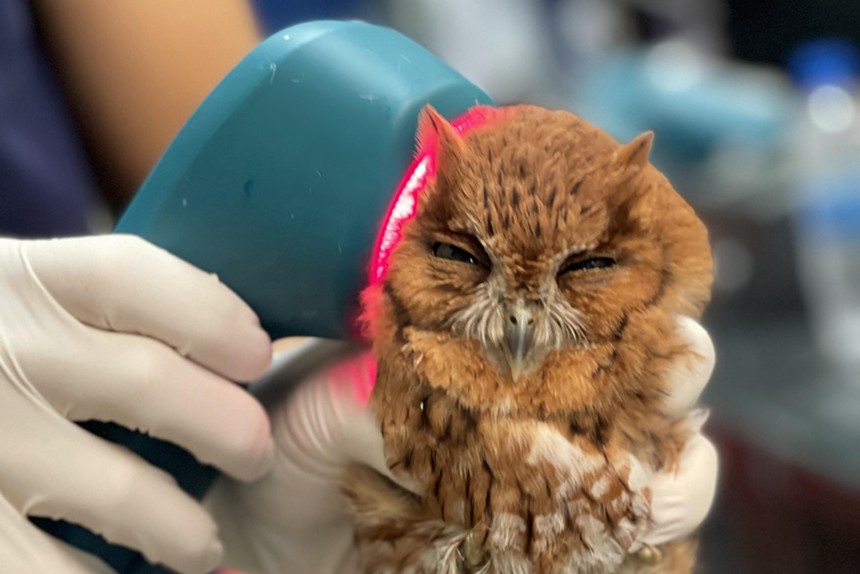
Pelican Harbor Seabird Station has treated more than 42,000 animals of over 200 species.
Pelican Harbor Seabird Station photo
The Seabird Station accepts all native birds, mammals, and reptiles. Injured wildlife can be dropped off 24 hours a day, 365 days a year. Its current location is at 1279 NE 79th St., in Miami. The site of PHSS's future facility is one mile west, at 399 NE 82nd Ter.
"We're waiting on the final permit approval from the City and then will commence construction with soil work followed by vertical construction," says McDougall, who adds that the estimated completion date is in the spring of 2025.
PHSS expanded its original mission of caring for a few hundred pelicans annually to caring for nearly all native wildlife. It treats more than 2,000 animals annually, and its current site can not properly support all of the animals it receives. The new site and future animal hospital will have enough room to support the ever-growing patient load, an ICU area for animals in critical condition, quarantine quarters, and an onsite education center so school children and future generations can see first-hand the importance of conservation.
PHSS is currently $3 million away from its $15 million goal of creating its new hospital and nature center, which will be seven times larger than its current one. The 2.6-acre property, a historic Tequesta Native American site that used to be owned by Julia Tuttle, is 14 times larger than the station's current property.
The station is being featured on an upcoming episode of Wildlife Nation With Jeff Corwin: Expedition Florida. Corwin, the show's host, will be the keynote speaker of the Pelican Party on April 4 at the Rusty Pelican restaurant.

